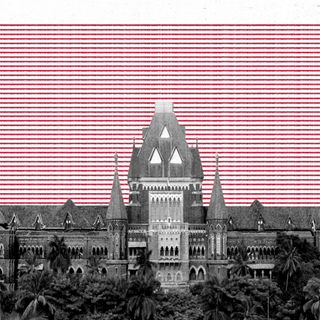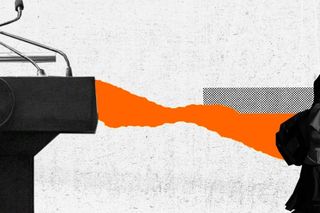
New Research Explains Why Girls Show Limited Political Ambition
“Children perceive politics to be a male-dominated space. With age, [due to conditioning] girls see political leadership as a ‘man’s world.”

There’s one question every child bears a faint memory: What do you want to be when you grow up? For girls, the answer is very rarely a “politician” or any political figure, according to a new study. The role social conditioning plays in widening the gender gap in political ambition is more pervasive than one might have thought.
Published in American Political Science Review this month, the research focuses on how children perceive sex representation in politics. Globally, the skewed balance is evident. Males figure more prominently in most countries’ political makeup, despite different studies showing that women-led governments are more inclusive and likely to deliver on campaign promises. Lack of women’s representation in politics is a result of gatekeeping and social conditioning.
In the present research, the researchers elaborated on the theory of “gendered political socialization.” In reality, the idea plays out something like this: sex differences in politics influences children’s political interest and ambitions. As they grow older, they may internalize gendered expectations. Girls may find themselves more inclined towards professions that embody these expectations in alignment with their sex (things that are slightly more submissive and require less leadership). The result is a perceived mismatch between women and politics; girls inevitably express restricted ambition in politics than others.
“…we find that children not only perceive politics to be a male-dominated space but with age, girls increasingly see political leadership as a ‘man’s world,'” the researchers noted in their paper. To show this, the researchers asked children, mostly between 1st and 6th grade, to draw a political figure. 66% of them drew a male leader. The lack of representation makes it hard to picture women at the helm.
While the study was U.S.-based, the findings speak of a broader truth. The research tugs at two essential threads of gendered inequalities in politics. One of social conditioning and the other of adequate representation. The study notes, “…as girls grow older and become more exposed to the real world of politics, they do not think that political actors look like them.”
Related on The Swaddle:
Women‑Led Governments Are More Likely to Deliver on Campaign Promises: Multi‑Country Study
The lack of representation also interferes with political ambition. What was interesting, however, the distance from political interest did not always start like that. At age six, girls exhibited more interest in politics than their male peers; but their eagerness dropped steadily swiftly with each passing year. Eventually, when asked what they want to be when they grow up, girls might not dare to think of the political domain.
“Our findings demonstrate that girls turn away from politics at a younger age than many people had previously assumed,” Zoe Oxley, a political science professor at Union College and one of the paper’s authors, told Forbes. Another study also identified one reason why girls may not have a similar interest. Girls and young women tend to be less exposed to political information and discussion than young men — this may be because of their school experiences, peer associations, or media consumption.
The conclusion is troubling but also something we knew all along. Society effectively socializes girls into straying away from the political field. Women dominate some pre-defined roles in the public space — playing the wife, the daughter, the widow, the homemaker. “These are held to be confining and isolating roles, roles that do not permit easy access to such political resources as time, money, contacts… and the general skill that typically accompany high rates of political action,” researcher M. Kent Jennings wrote in a study looking at gender roles and politics across eight nations. The weight of traditional roles persists even when women dare to dream.
A 2018 research further explained the consequence of over-representation of male figures in politics: the ubiquity of men effectively reproduces the idea of male dominance — at a visceral and social level. It is no mystery why males then assert a privileged position in politics. The nexus of nepotism, sexism and conditioning have allowed them easy access to wield political power. Any attempt to increase women’s representation in politics then must begin at a much younger age.
The differences in political ambitions also extend to factors such as race and ethnicity. Personal identity and what frame society conditions us to use while thinking about these markers will always have a bearing on politics.
Dreams are potent manifestations of ourselves and the world. Childhood role models are an effective metric of testing gender balance in the political domain. Close your eyes and imagine a political leader. Who do you see?
Saumya Kalia is an Associate Editor at The Swaddle. Her journalism and writing explore issues of social justice, digital sub-cultures, media ecosystem, literature, and memory as they cut across socio-cultural periods. You can reach her at @Saumya_Kalia.
Related


A Telangana Class 8 Textbook Image Equates Muslims With Terrorists
